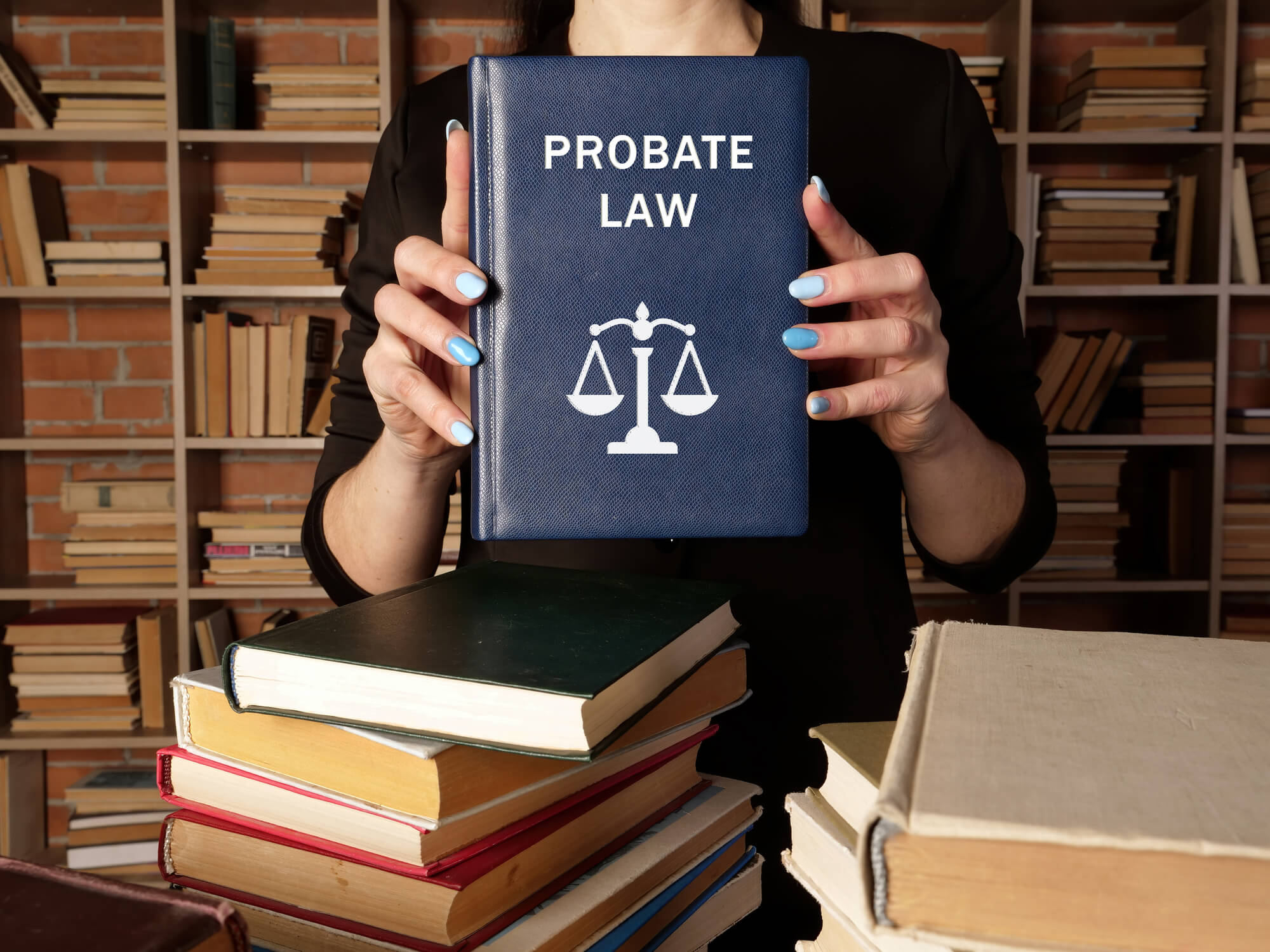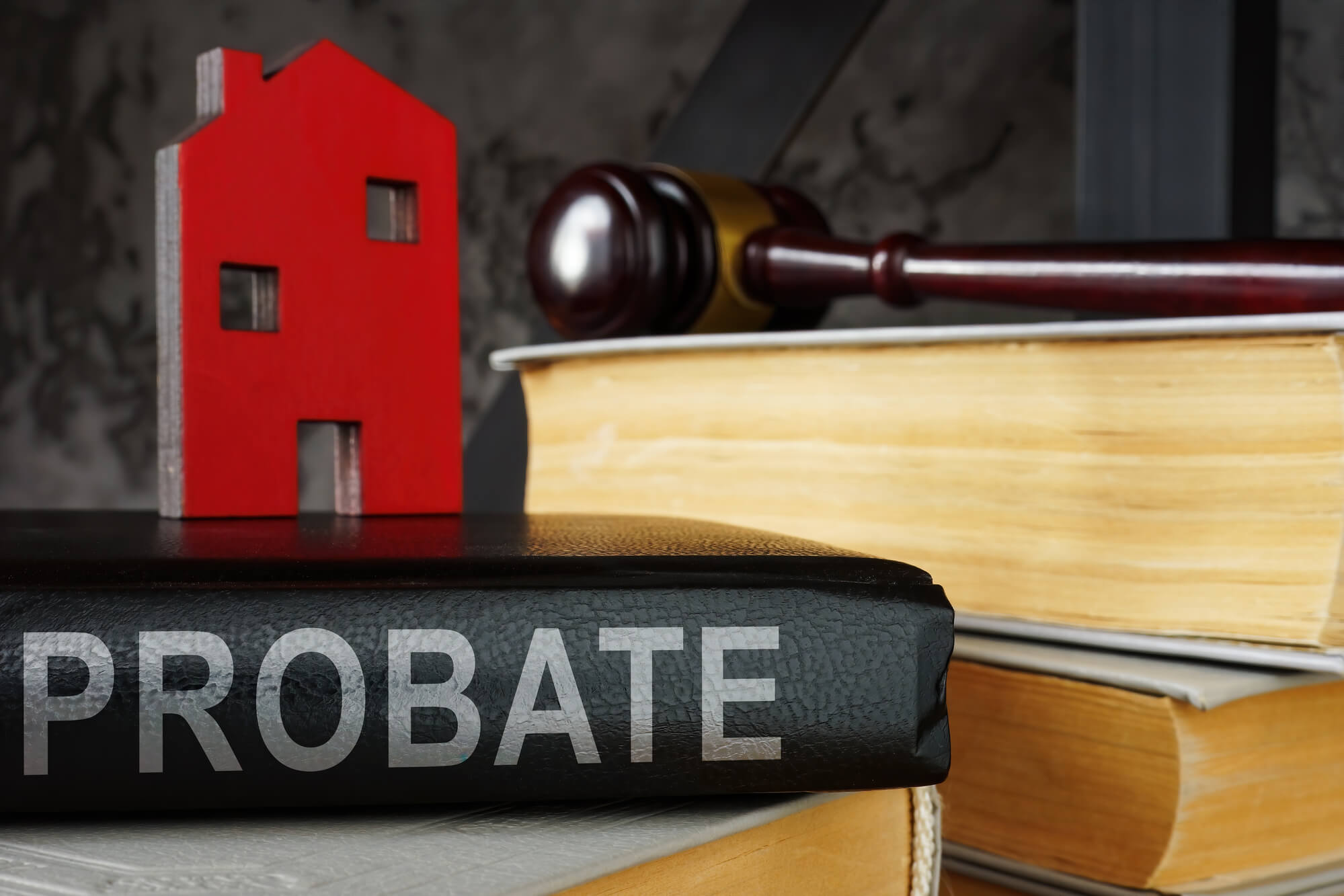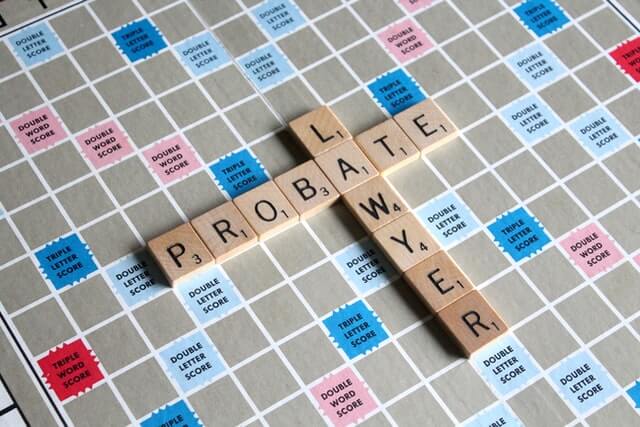Before dealing with a deceased’s estate, you need legal authorisation to act. In the UK, this authorisation is called a grant of probate, and you must apply to the probate court to get this grant. Below are the forms you need to support your application:

Form PA1A (Without A Will)
The Form PA1A applies where the deceased left no will, and personal representatives may use this form to apply for letters of administration, allowing them to manage the deceased’s estate. It comes in two variants — the Form PA1A (for citizen applicants) and the Form PA1A (for probate practitioners only).
Form PA1P (With A Will)
The Form PA1P applies where the deceased left a will, naming its executors and beneficiaries. Three categories of persons may apply for probate using this form:
- The executor named in the will,
- A beneficiary, where none of the named executors applied, or;
- A probate practitioner representing either the executors or the beneficiaries
Form PA1P also has two variants — PA1P (for citizen applicants) and PA1P(for probate practitioners). Upon a successful application, the court will issue a grant of probate, allowing the successful applicant to oversee the sharing of the deceased’s estate.

Supporting Forms
You may need to attach some other forms to strengthen your probate application. Some of these supporting forms are:
1. Form PA11 ( Application for Power of Attorney With A Will )
The Form PA11 is attached to a probate application, where the executor or beneficiary wishes to appoint someone else to represent them in relation to the will.
2. Form PA12
The Form PA12 ( Application for Power of Attorney Without A Will ) is attached to the probate application where the deceased died intestate, and there is a need to appoint another person to act as the beneficiary’s representative.
3. Form PA13 ( Reporting A Missing Will )
A probate applicant may attach Form PA13 to the probate application to inform the tribunals’ service and courts that the original will is missing. An executor may use this form in any of the following circumstances:
- Where the original is lost, but there is an existing photocopy
- If the executor sent the original copy via post and it got lost in the courier
- Where it is found out that the solicitor misplaced the original will
If you are a probate practitioner, do not use the Form PA13; rather, present an affidavit or statement of truth, and evidence, to prove that the will is indeed lost.
4. Form PA14 (Medical Certificate)
Form PA14 is a supporting probate form that confirms that the named executor or administrator does not have the proper mental capacity to manage the deceased person’s estate. The role of an executor or administrator demands a sufficient understanding of property and financial affairs. Suppose the executor has suffered a major health deterioration or memory loss.
In that case, that executor no longer has the mental capacity to carry out their role. As such, the Form PA14 certificate, filled by a medical professional, will then be attached to the probate application.
5. Form PA15 ( Renunciation )
The Form PA15 is attached to a probate application where the executor(s) intend to permanently renounce or give up their rights to act as an executor.

6. Form PA16 (Renunciation of Probate Administrator Rights)
A deceased person’s spouse or civil partner can use Form PA16 to give up their right to act as the administrator of the deceased’s estate where there is no will. The implication is that any child of the deceased person above 18 may now become the administrator instead. However, giving up the right to act as an administrator does not mean that the deceased’s spouse or civil partner forfeits their claim to the estate if they were named a beneficiary.
Two primary forms are needed for a probate application, with or without a will – Form PA1A and Form PA1P. Then, several supporting forms can give strength to the main application, especially in peculiar circumstances. We highlighted some of these forms, but we can narrow your request and advice accordingly when you book a consultation.












